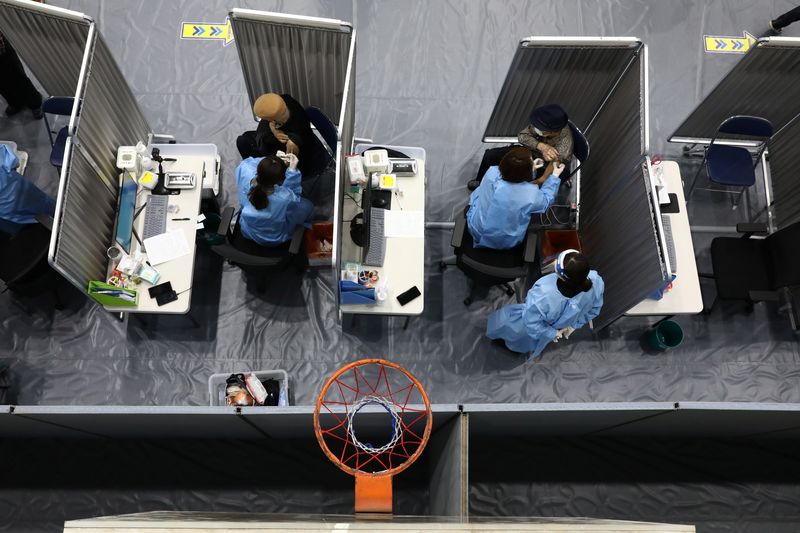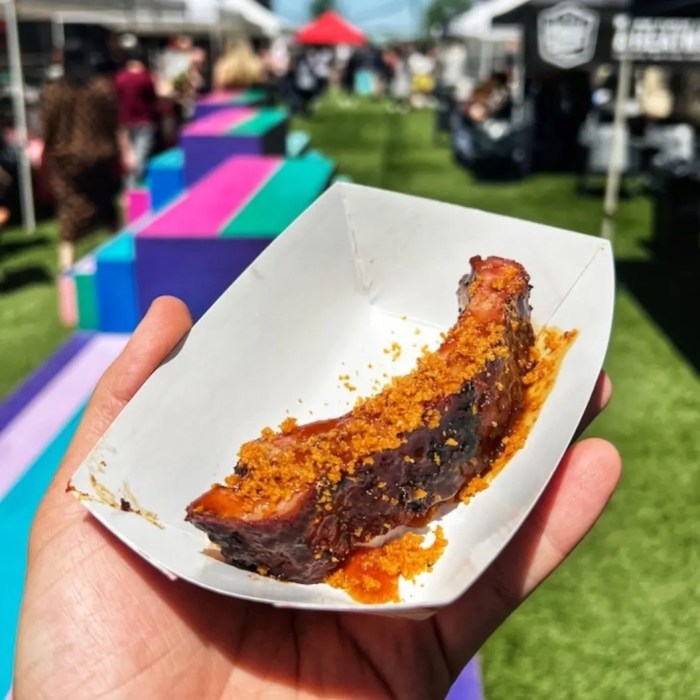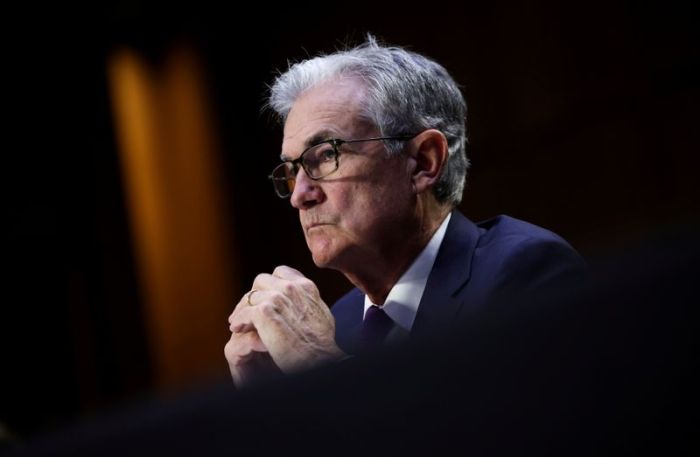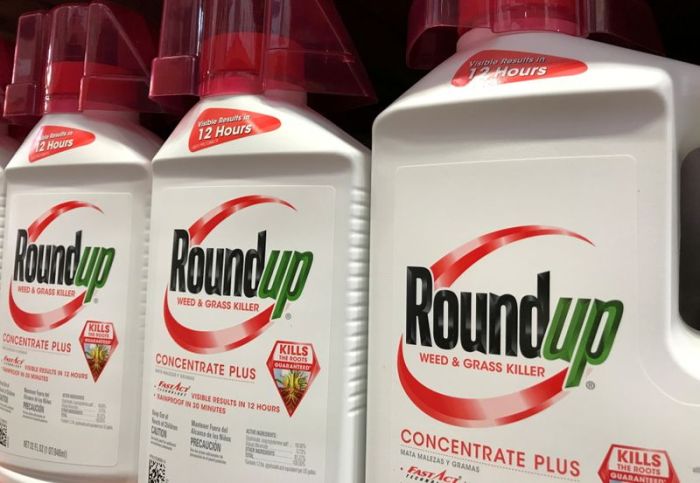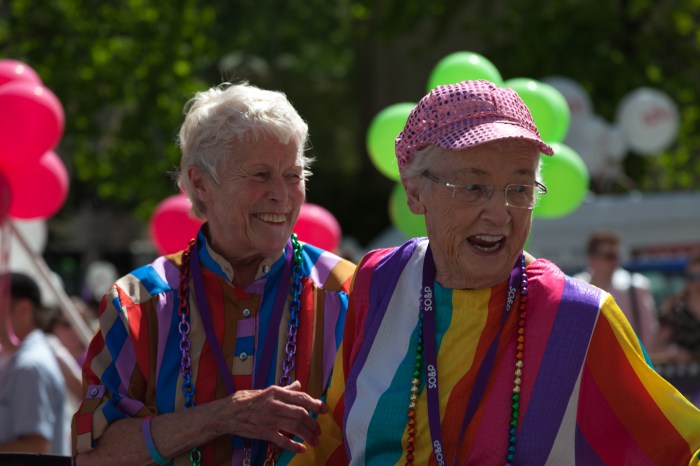SEOUL (Reuters) – South Korea will begin taking reservations for coronavirus vaccines from pregnant women this week as the country accelerates its inoculation drive to reach its goal for immunizing 80% of all adults by the end of the month.
Health authorities see pregnant mothers as key to the campaign and sought to drum up participation through public notices and news conferences saying they have a greater possibility of serious illness and death if infected with COVID-19.
Pregnant women are eligible to sign up for a shot starting Friday, for inoculation set to begin on Oct. 18 using Pfizer or Moderna vaccines, according to the Korea Disease Control and Prevention Agency (KDCA).
“The vaccines are safe for pregnant women and can meaningfully decrease their risks of contracting COVID-19 and becoming critically ill,” KDCA director Jeong Eun-kyeong told a public briefing on Monday.
Of the 731 pregnant women infected with the virus in South Korea as of August, about 2% of them developed serious illnesses, more than six times that of women aged 20-45, according to the KDCA.
But officials have advised people with shorter than 12 weeks pregnancy to consult medical staff before getting a shot.
Some 54.5 of the country’s 52 million population and around 63% of adults were fully vaccinated as of Tuesday, and authorities aim to complete vaccination for 80% of all adults by the end of October.
The government plans to begin vaccinating children aged 12-17 next month, and providing booster shots for people aged 75 or older and other priority groups next week, including those who live or work at nursing homes and care facilities.
Authorities are also mapping out a plan on how to live more normally with COVID-19 https://www.reuters.com/world/asia-pacific/skorea-planning-live-more-normally-with-covid-19-after-october-2021-09-08, to be implemented in phases starting later this month to gradually ease distancing rules and restrictions, though masks will still be mandatory at least in the initial stages.
The KDCA reported 2,028 cases for Tuesday, as the numbers resurged after the Korean thanksgiving Chuseok holidays.
But the ongoing wave has seen far fewer serious infections than earlier outbreaks, with many older and more vulnerable people having received vaccines.
Critical cases hovered around 350, and total infections rose to 323,379, with 2,536 deaths.
(Reporting by Hyonhee Shin; Editing by Raju Gopalakrishnan)

